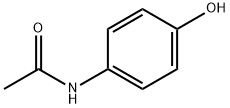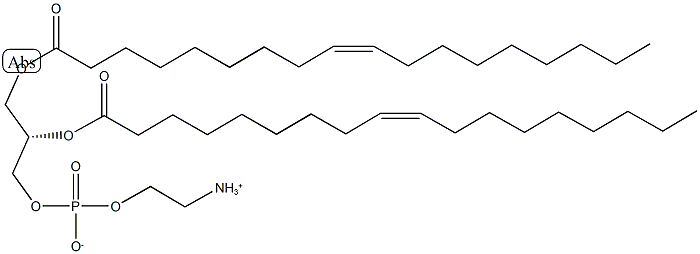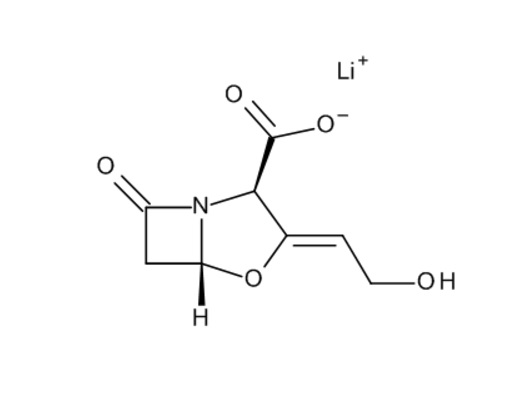2-Acetylaminoethanol
Synonym(s):N-(2-Hydroxyethyl)acetamide
- CAS NO.:142-26-7
- Empirical Formula: C4H9NO2
- Molecular Weight: 103.12
- MDL number: MFCD00002836
- EINECS: 205-530-8
- SAFETY DATA SHEET (SDS)
- Update Date: 2023-11-23 20:02:38

What is 2-Acetylaminoethanol?
Chemical properties
clear viscous white to yellow liquid
The Uses of 2-Acetylaminoethanol
2-Acetylaminoethanol is a humectant recommended for use in emulsions.
The Uses of 2-Acetylaminoethanol
It finds its uses as antistatic agent, foam boosting agent, hair conditioning humectant, skin conditioning surfactant and viscosity controlling agent in cosmetics industry. It is a non-tacky glycerine alternative for use in skin and hair care. It has humectant and lubricant properties for use in shampoos, treatment products and hair conditioners.
Definition
ChEBI: A member of the class of ethanolamines that is 2-aminoethanol in which one of the hydrogens of the amino group is replaced by an acetyl group.
Synthesis Reference(s)
The Journal of Organic Chemistry, 44, p. 654, 1979 DOI: 10.1021/jo01318a047
Properties of 2-Acetylaminoethanol
| Melting point: | 15.8 °C |
| Boiling point: | 151-155 °C/5 mmHg (lit.) |
| Density | 1.12 g/mL at 25 °C (lit.) |
| vapor pressure | 0.368-10.5Pa at 25-70℃ |
| refractive index | n |
| Flash point: | 350 °F |
| storage temp. | Sealed in dry,Room Temperature |
| solubility | Chloroform (Sparingly), Methanol (Slightly) |
| pka | 14.56±0.10(Predicted) |
| form | Liquid |
| color | Clear white to yellow |
| Water Solubility | Soluble in water, 1e+006 mg/L @ 25°C (est), soluble in alcohol and ether. |
| CAS DataBase Reference | 142-26-7(CAS DataBase Reference) |
| NIST Chemistry Reference | Acetamide, N-(2-hydroxyethyl)-(142-26-7) |
| EPA Substance Registry System | Acetamide, N-(2-hydroxyethyl)- (142-26-7) |
Safety information for 2-Acetylaminoethanol
| Signal word | Danger |
| Pictogram(s) |
 Corrosion Corrosives GHS05  Exclamation Mark Irritant GHS07 |
| GHS Hazard Statements |
H315:Skin corrosion/irritation H318:Serious eye damage/eye irritation H335:Specific target organ toxicity, single exposure;Respiratory tract irritation |
| Precautionary Statement Codes |
P261:Avoid breathing dust/fume/gas/mist/vapours/spray. P280:Wear protective gloves/protective clothing/eye protection/face protection. P305+P351+P338:IF IN EYES: Rinse cautiously with water for several minutes. Remove contact lenses, if present and easy to do. Continuerinsing. |
Computed Descriptors for 2-Acetylaminoethanol
| InChIKey | PVCJKHHOXFKFRP-UHFFFAOYSA-N |
New Products
4-AMINO-TETRAHYDRO-PYRAN-4-CARBOXYLIC ACID HCL 4-(Dimethylamino)tetrahydro-2H-pyran-4-carbonitrile 4-Aminotetrahydropyran-4-carbonitrile Hydrochloride (R)-3-Aminobutanenitrile Hydrochloride 3-((Dimethylamino)methyl)-5-methylhexan-2-one oxalate 1,4-Dioxa-8-azaspiro[4.5]decane 5-Bromo-2-nitropyridine Nimesulide BP Aceclofenac IP/BP/EP Diclofenac Sodium IP/BP/EP/USP Mefenamic Acid IP/BP/EP/USP Ornidazole IP Diclofenac Potassium THOMAIND PAPER PH 2.0 TO 4.5 1 BOX BUFFER CAPSULE PH 9.2 - 10 CAP SODIUM CHLORIDE 0.1N CVS ALLOXAN MONOHYDRATE 98% PLATINUM 0.5% ON 3 MM ALUMINA PELLETS (TYPE 73) LITHIUM AAS SOLUTION 2-Bromo-1-(bromomethyl)-3-chloro-5-nitrobenzene 2-Bromo-3-nitroaniline N-(3-Hydroxypropyl)-N-methylacetamide 3-Bromo-6-chloropyridazine 4-ethyl-3-nitrobenzoic acidRelated products of tetrahydrofuran








You may like
-
 2-Acetamidoethanol CAS 142-26-7View Details
2-Acetamidoethanol CAS 142-26-7View Details
142-26-7 -
 2-Acetamidoethanol CAS 142-26-7View Details
2-Acetamidoethanol CAS 142-26-7View Details
142-26-7 -
 N-Acetylethanolamine 90% CAS 142-26-7View Details
N-Acetylethanolamine 90% CAS 142-26-7View Details
142-26-7 -
 N-Acetylethanolamine CAS 142-26-7View Details
N-Acetylethanolamine CAS 142-26-7View Details
142-26-7 -
 1823368-42-8 98%View Details
1823368-42-8 98%View Details
1823368-42-8 -
 2-(3-(tert-butyl)phenoxy)-2-methylpropanoic acid 1307449-08-6 98%View Details
2-(3-(tert-butyl)phenoxy)-2-methylpropanoic acid 1307449-08-6 98%View Details
1307449-08-6 -
 Ethyl 3-(furan-2-yl)-3-hydroxypropanoate 25408-95-1 98%View Details
Ethyl 3-(furan-2-yl)-3-hydroxypropanoate 25408-95-1 98%View Details
25408-95-1 -
 Lithium ClavulanateView Details
Lithium ClavulanateView Details
61177-44-4
Statement: All products displayed on this website are only used for non medical purposes such as industrial applications or scientific research, and cannot be used for clinical diagnosis or treatment of humans or animals. They are not medicinal or edible.